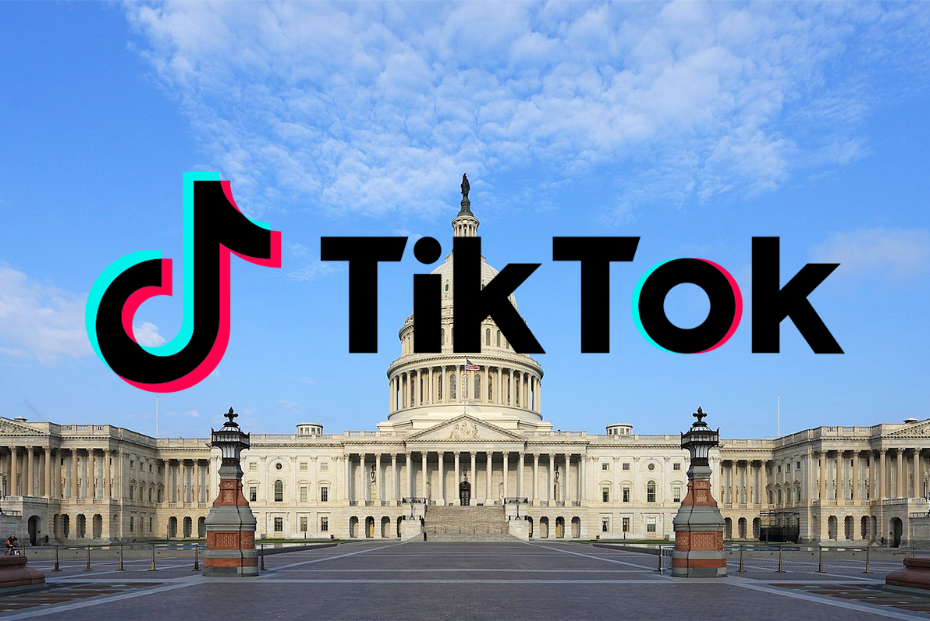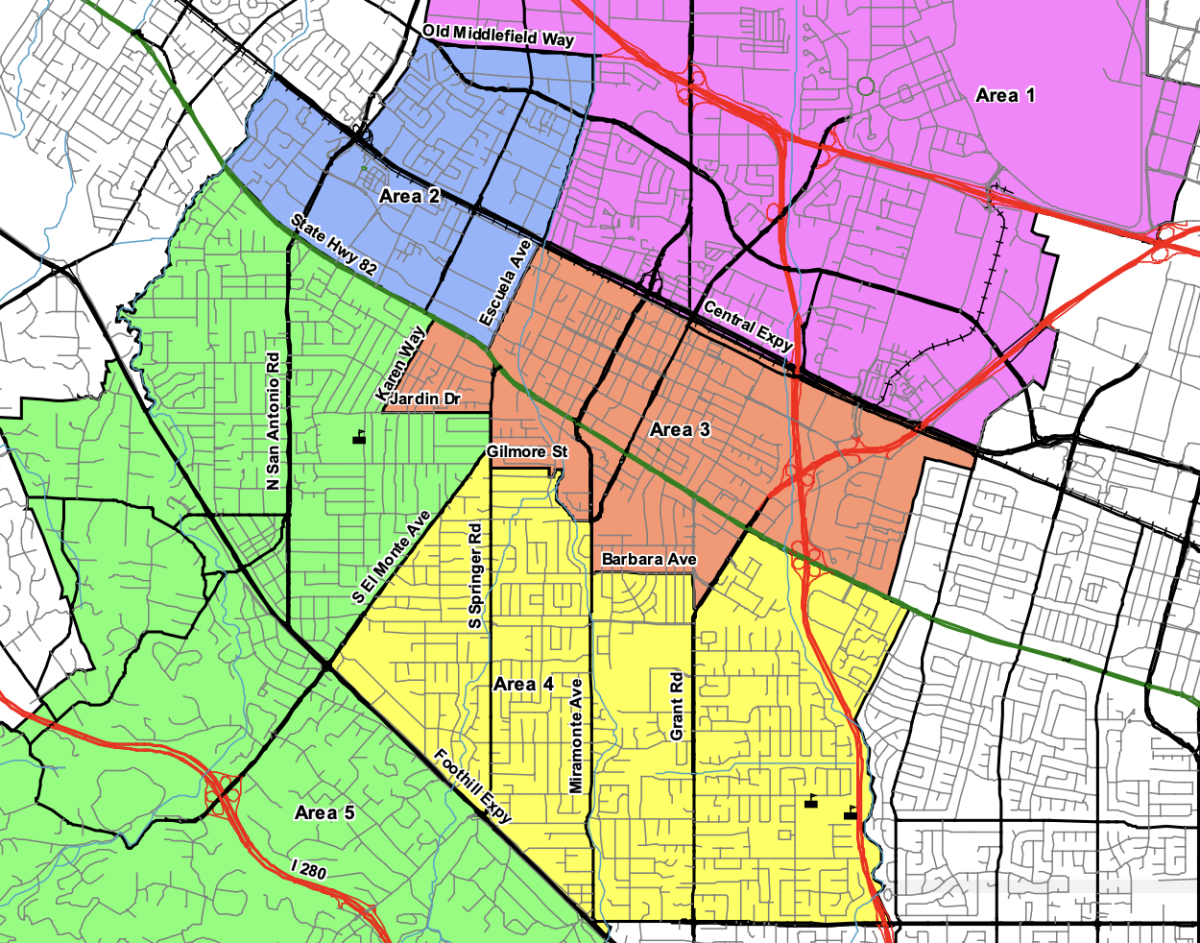On Wednesday, March 13, the House of Representatives passed H.R. 7521 — the Protecting Americans from Foreign Adversary Controlled Applications Act — which would force the sale of TikTok, or result in a nationwide ban. Representatives voted 352 to 65 in favor of the bill.
If the bill passes the Senate, U.S. President Joe Biden has stated that he’d sign the bill into law, starting a 180-day timer for Chinese tech company ByteDance — which wholly owns TikTok — to sell the social media platform to a buyer that the government approves within six months or face removal from American app stores.
Finding a potential buyer would be a challenge in itself. With an estimated valuation of around $50 billion, the only companies that have the money to buy it — like Meta or Google — could run into antitrust lawsuits. That is, if ByteDance even decides to sell TikTok. Since U.S. users make up around 17% of the worldwide user base, it could be more beneficial in the long run for ByteDance to let TikTok be banned in the US and lose some market share in exchange for holding onto the company. This also assumes that the bill survives in court after it gets passed.
The bill doesn’t specifically target TikTok, though it does mention the platform and ByteDance in the bill. Instead, it prohibits any foreign adversary that poses a threat to national security — as determined by the President — from distributing, maintaining or updating a controlled application in the U.S. However, if ByteDance is unwilling to sell TikTok, it could lead to a national ban.
H.R. 7521 comes after multiple congressional hearings with TikTok CEO Shou Zi Chew, where the Singaporean executive defended himself from accusations of being affiliated with the Chinese Communist Party. Supporters argue that a sale or ban of TikTok is necessary due to the data that the Chinese government could potentially access. TikTok tried to address these concerns in 2022 with Project Texas — an initiative to have an American company, Oracle, store U.S. user data — but the House Energy & Commerce Committee believes that the ByteDance headquarters in Beijing would still have access to U.S. user data, such as device geolocation and user-provided data.
Skeptics doubt that the bill is solely to address national security risks, and instead is a way to benefit American tech companies.
“I’m still worried that banning TikTok would be a huge gift to U.S. tech giants like Meta and Google, which own TikTok’s largest competitors, further entrenching winners in a market that already has too little competition,” New York Times columnist Kevin Roose wrote.
On the day the House was voting for the bill, TikTok — which has around 170 million users in the U.S. — notified some users with a popup asking them to call their representative and tell them to vote no. The popup stated that “this [bill] will damage millions of businesses, destroy the livelihoods of countless creators across the country, and deny artists an audience.” The office of one lawmaker stated they received over one thousand calls in protest of the bill.
“The company’s ham-handed response to the latest congressional bill may have inadvertently proved critics right, by showing that TikTok is both interested in and capable of using its muscle to influence American politics when it wants,” Roose wrote.
Creators have spoken out against the bill, citing that TikTok provides a full-time paying job that allows them to connect with a community. TikTok is also used by small business owners for marketing and selling their products, and they fear a TikTok ban would shut down their businesses. Economic experts believe that a TikTok ban would benefit American tech companies, as the absence of the social media platform would free up market share.
H.R. 7521’s chances of passing in the Senate are currently unclear. Senate Majority Leader Chuck Schumer has yet to decide whether to introduce the bill to the floor, and if it does get introduced, some Senate lawmakers want to hold thorough hearings on the bill before voting on it.
















